Account
Loading...
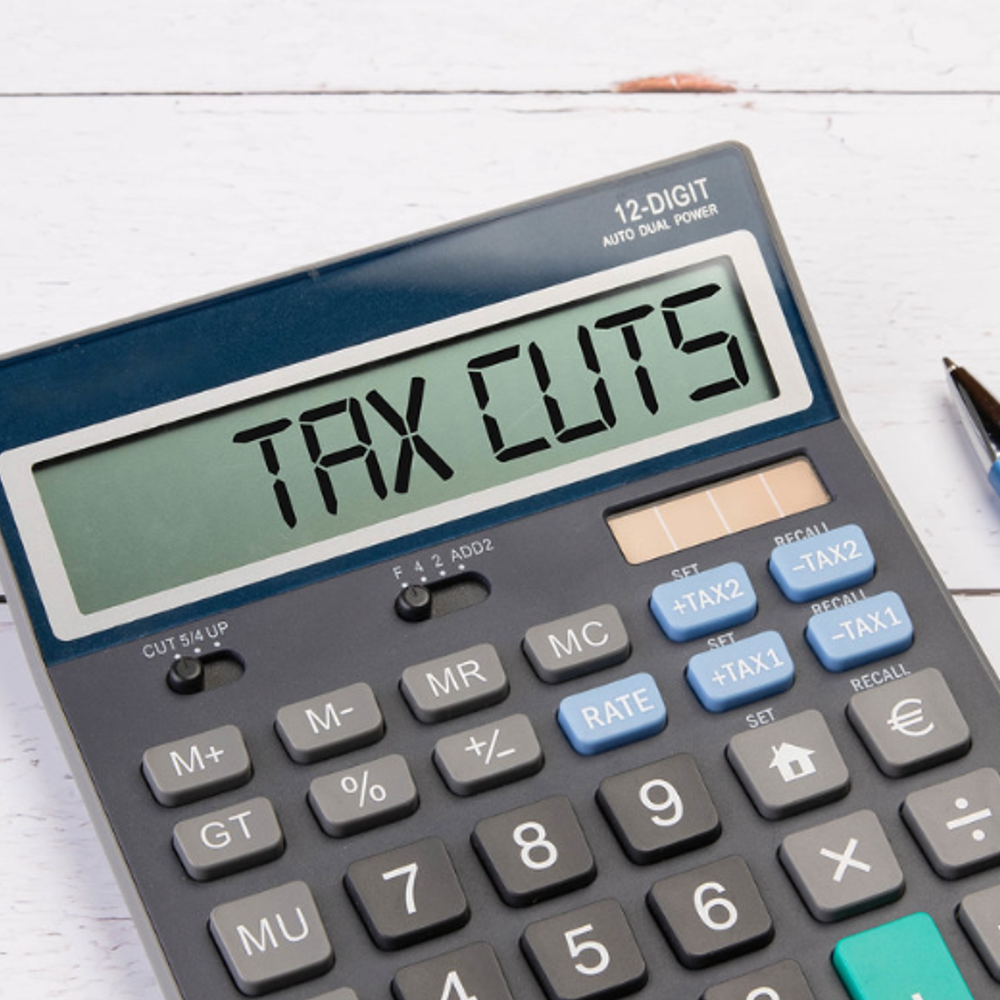
The topline for the 2023 ETF supplemental appropriations act is unchanged from the governor’s recommendation. However, a closer examination of the bill’s line-items shows a major shift in funding priorities.

It is clear to see why Alabama voters strongly prefer repealing the state’s sales tax on groceries over receiving a one-time rebate check. Will lawmakers listen to their constituents?

State Sen. Arthur Orr (R-Decatur) said last December that a rebate plus a tax cut weren’t off the table. However, now he said most people should expect a one-time rebate of roughly $200 per person.
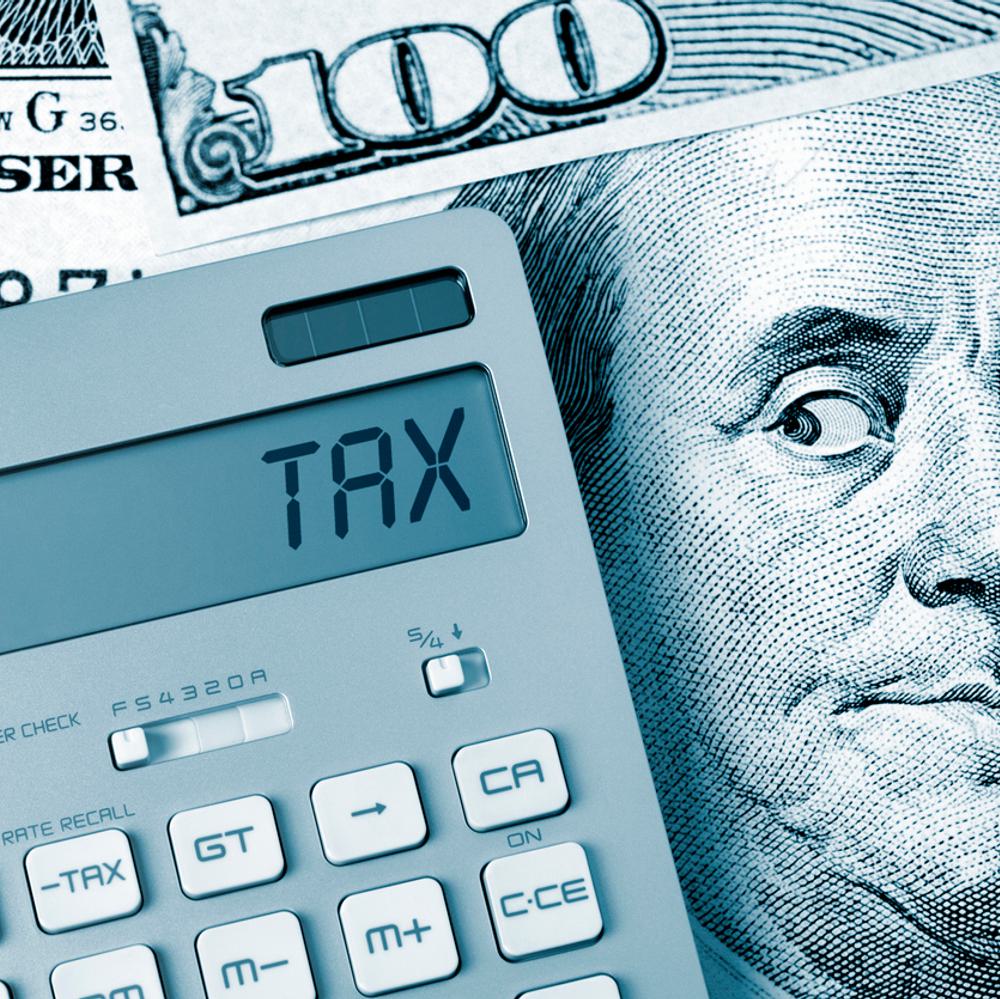
Alabama was one of the only southeastern states in 2021 and 2022 to not offer its citizens any major, broad-based sales or income tax relief despite large state budget surpluses recently.
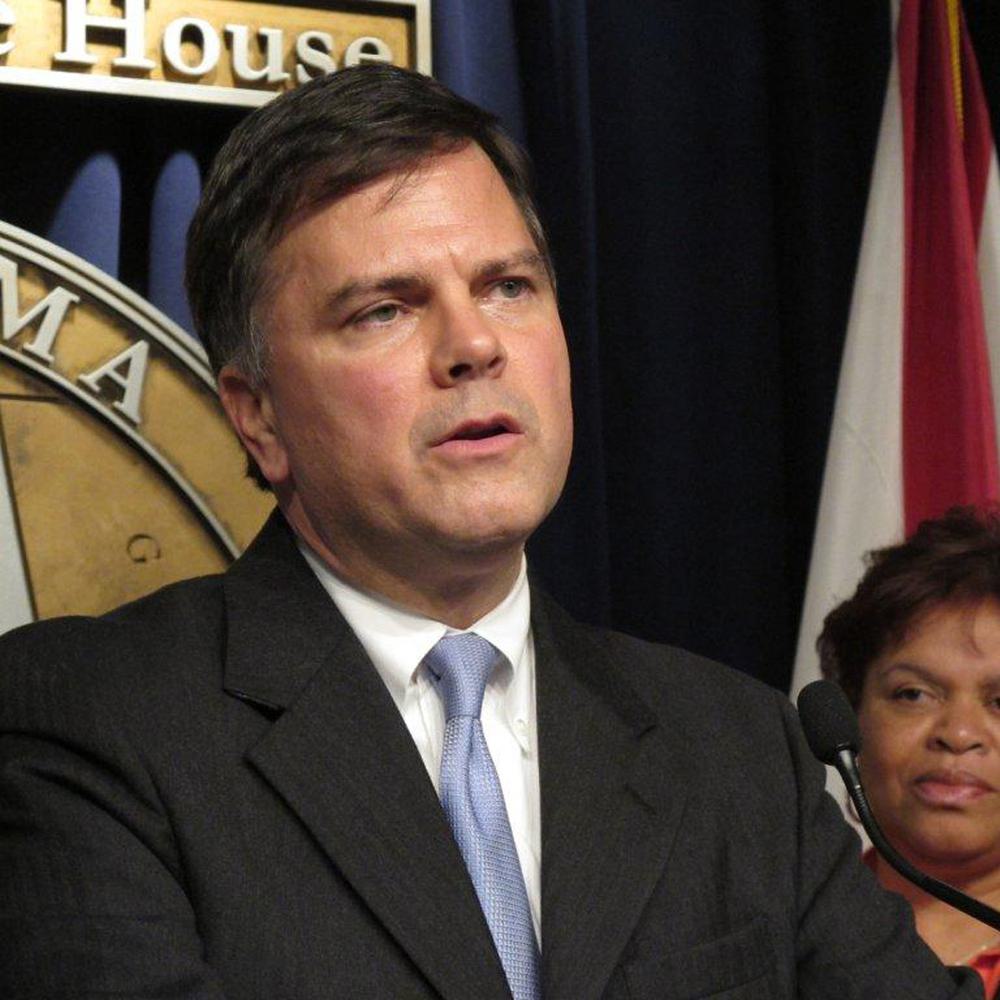
Lawmakers are grappling with what to do with a $2.7 billion education budget surplus with the 2023 legislative session around the corner.

Lawmakers have been mixed in their public comments about what to do with a $2 billion budget surplus.
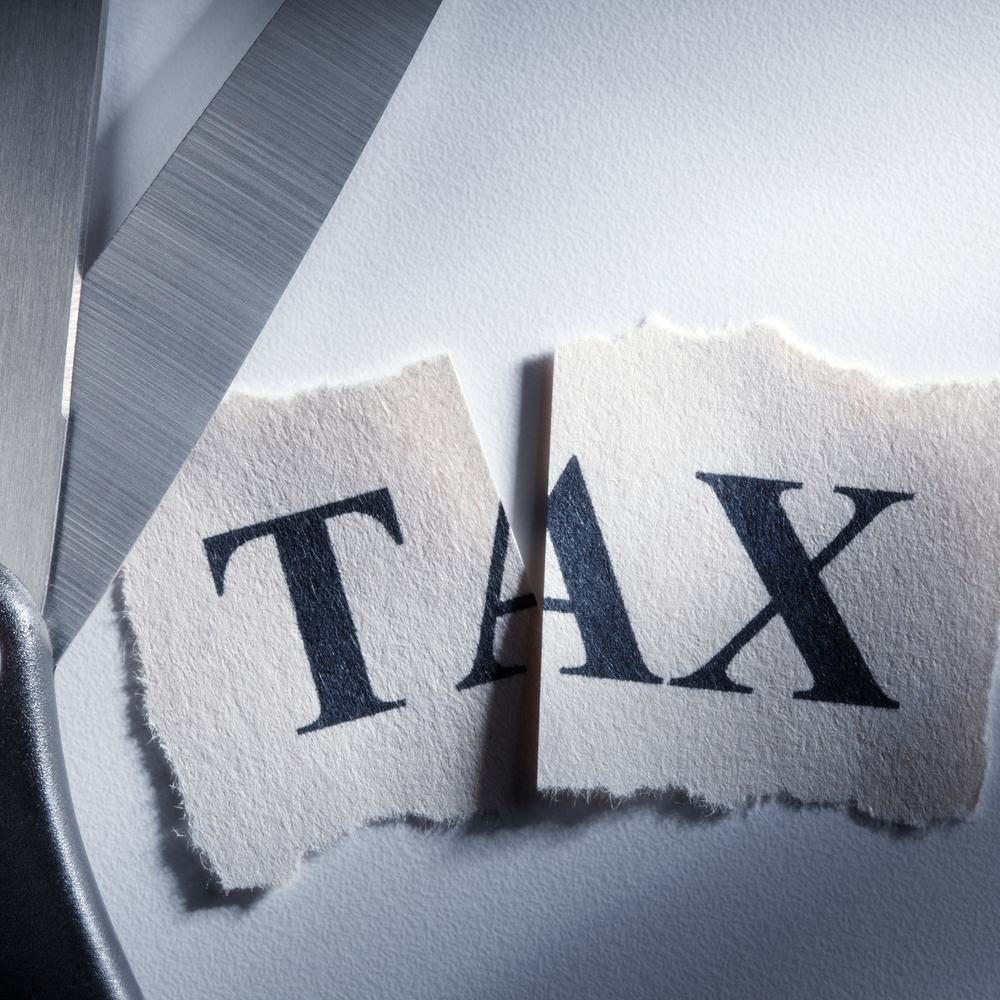
In fiscal year 2022, Alabama’s state government collected over $13 billion in total revenue. It marked the fourth straight year that the state has had a revenue surplus of at least $600 million.
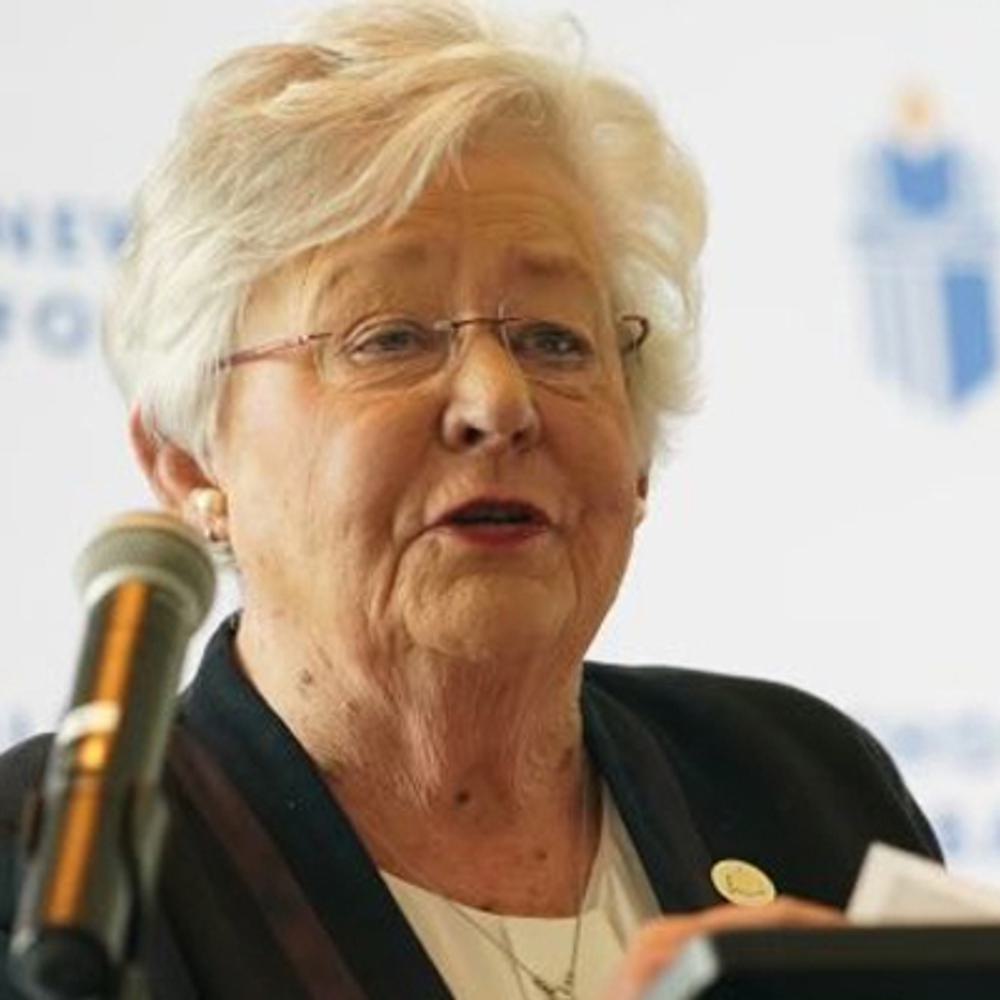
Monday, in a statement marking the end of the fiscal year, Gov. Kay Ivey teased a possible tax relief plan.

State Sen. Arthur Orr (R-Decatur), the Senate Education Budget Committee chairman, had previously floated the idea of one-time tax rebates.
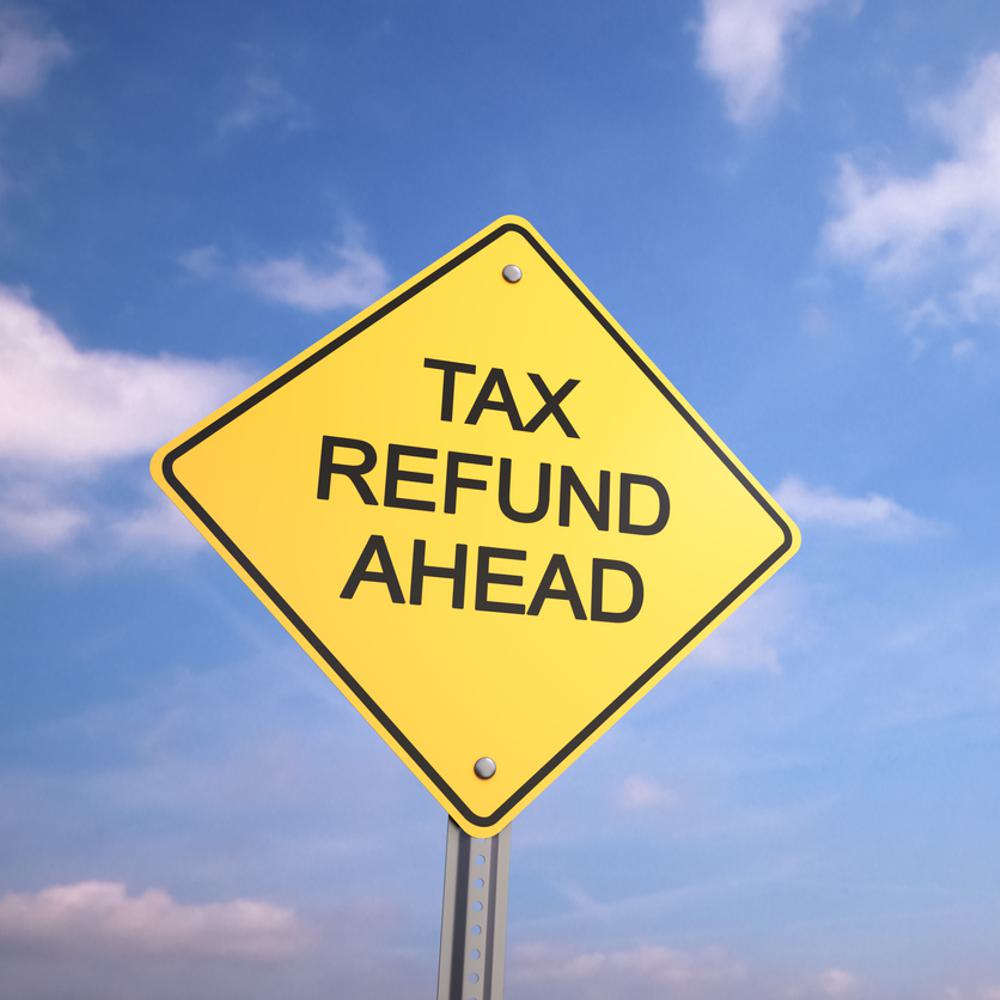
“I think they deserve it.” That is what House Majority Leader Nathaniel Ledbetter (R-Rainsville) said last week when asked about the possibility of using state government’s record revenue surplus to provide Alabamians with a one-time tax rebate.

Earlier this week, State Sen. Arthur Orr (R-Decatur), the Senate Education Trust Fund chairman, floated the possibility of lawmakers offering a tax rebate in the upcoming year, given the current budgetary surplus of state government.